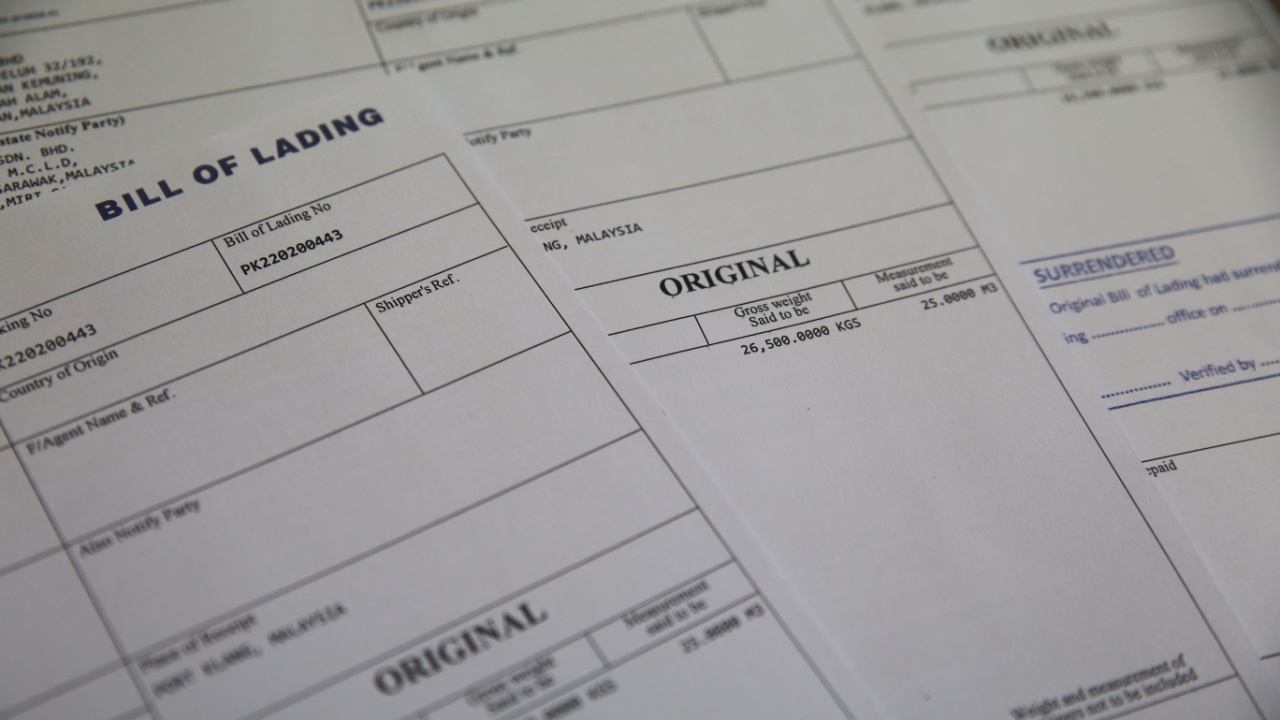The nine ocean carrier members of the Digital Container Shipping Association (DCSA) have announced they will convert 100 per cent of their original bills of lading to digital (eBL) documents based on the organisation’s standards by 2030.
The commitment includes a target of converting 50 per cent of the documents within five years.
Ocean carriers issue approximately 45 million bills each year, with just 1.2 per cent of these electronic in 2021.
According to DCSA, the switch away from physical paper documents could save US$6.5bn in direct costs for stakeholders and enable annual trade growth of US$30-40bn. It will ‘transform the customer experience and improve sustainability’, it said.
‘Manual, paper-based processes are time-consuming, expensive and environmentally unsustainable for stakeholders along complex supply chains,’ said the firm. ‘Paper-based processes break down when cargo in ports cannot be gated out because original bills of lading, or title documents, fail to arrive or cannot be manually processed in time. In contrast, digital processes enable data to flow instantly and securely, reducing delays and waste.’
It added that the move would benefit ‘all maritime supply chain stakeholders’.
Thomas Bagge, CEO of DCSA, said: ‘The digitalisation of international trade holds vast potential for the world economy by reducing friction and – as trade brings prosperity and the eBL will further enable trade – helping bring millions out of poverty. This heralds the start of a new era in container shipping as the industry transitions to scaled automation and fully paperless trade.
‘Document digitalisation has the power to transform international trade and requires collaboration from all stakeholders. I applaud the leadership of our members in coming together to achieve this important milestone.’

